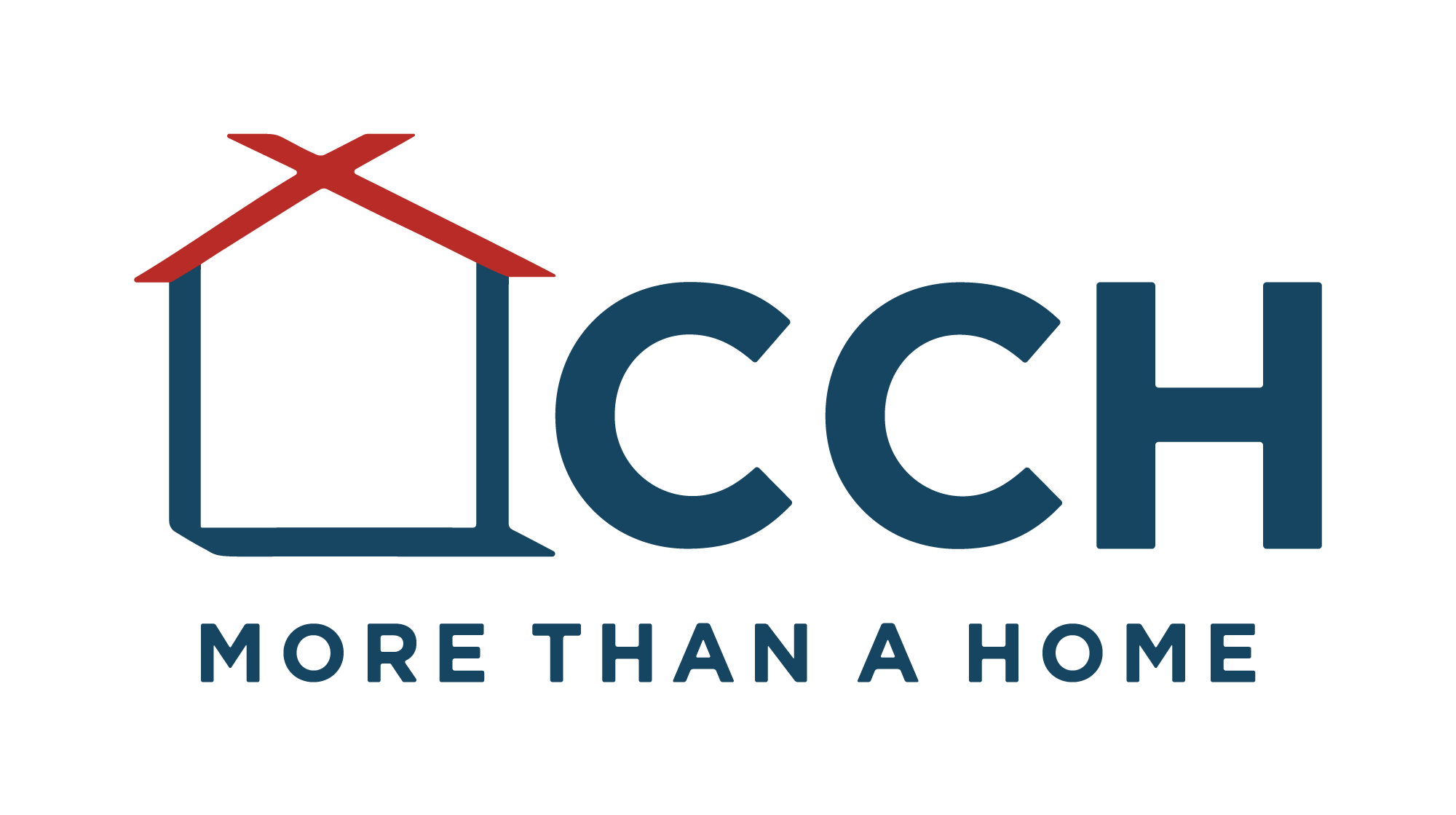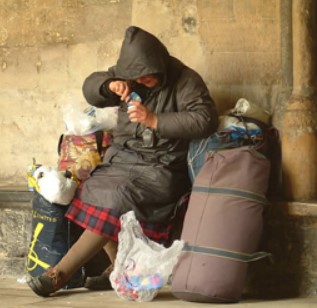
Women are less likely to own their own homes and are more likely to shoulder unaffordable housing costs—especially Black, Latina, Native American women, single mothers and the elderly, according to a recently published report by the Gender Equity Policy Institute. The greater difficulty women face is intertwined with systemic gender inequality in the broader society, the report cites.
About 10.3 million Californian adults live in housing considered unaffordable by standard measures. To rent a one-bedroom apartment at the fair market rate in California requires an income of nearly $58,000—or a wage of $28 per hour for a full-time worker. The median price of a single-family home in California, as of April 2022, was $884,890.
The Gender Equity Policy Institute, at the request of the California State Assembly Committee on Housing and Community Development, analyzed extensive data on Californians’ housing experience to examine the impact of the housing crisis on women.
In California, more than half (52%) of renters spend more than 30% of their income on housing and are considered “rent burdened.” More than a quarter (26%) spend over 50% of their income on housing and are considered “severely rent burdened.”
Women are more likely than men to be rent burdened and severely rent burdened. They are less likely to own their own homes. When they do, they are more likely to be shouldering unaffordable housing costs and are more likely than men to have extremely low income.
Key findings of the report noted:
- 49% of women are rent burdened, compared to 43% of men
- 25% of women are severely rent burdened, compared to 20% of men
- 59% of Black women are rent burdened and 33% are severely rent burdened
- 66% of women who live alone are rent burdened
- Women-headed households are five times as likely as households headed by a married couple to be extremely low-income
- 73% of single mothers are rent burdened, compared to just 56% of single fathers
- One third of elderly Black and Latina women living alone have income below the federal poverty line
- 4 in 10 of the 232,000 unhoused individuals in California are women
The reported concluded that the soaring cost of housing weakens California’s economy and harms most of the state’s communities. As the state’s political and business leadership commit to finding equitable solutions to our housing crisis, the moment is ripe for adopting a gender responsive approach to housing policymaking and using available resources to put the state on a more sustainable course for housing equity.




